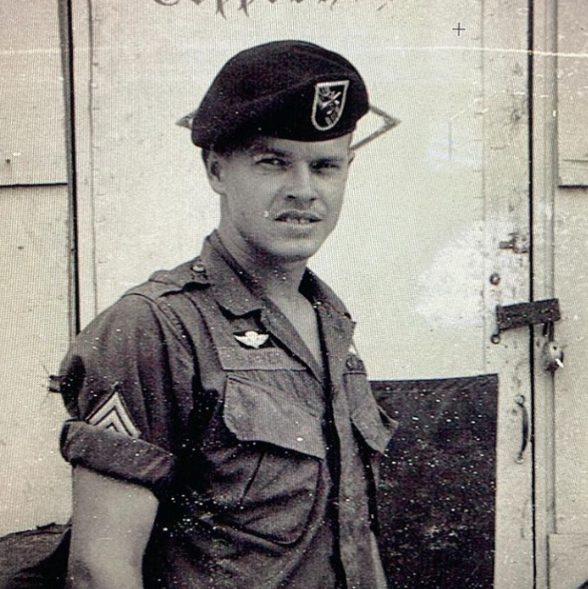The Secret War That Forged Tom Reece (1968)
“As President and Commander in Chief, it is my duty to the American people to report that renewed hostile actions against United States ships on the high seas in the Gulf of Tonkin have today required me to order the military forces of the United States to take action in reply.”
With these words on August 4, 1964, President Lyndon B. Johnson announced a major escalation of U.S. involvement in Vietnam. That year, roughly 23,000 US troops were deployed – at the peak, over 535,000 servicemen were in country, with approximately 2.7 million Americans being deployed to the Republic of Vietnam.
The war would be the longest and deadliest conflict of the Cold War, but its origins took root a decade earlier.
After the fall of French controlled Vietnam in 1954, the CIA quickly began a shadow war against the newly formed, communist led northern nation. Subversion, reconnaissance, prisoner snatches, assassinations, and direct action missions were the tools the CIA used to keep communist expansion at bay.
That strategy would continue throughout the Vietnam conflict, albeit under another name. Both North Vietnam and the U.S. would take part in a Secret War under the dense jungle canopies of Laos and Cambodia, a war that each would deny. To wage this battle, the U.S. founded the Military Assistance Command Vietnam – Studies and Observations Group – MACV-SOG.




